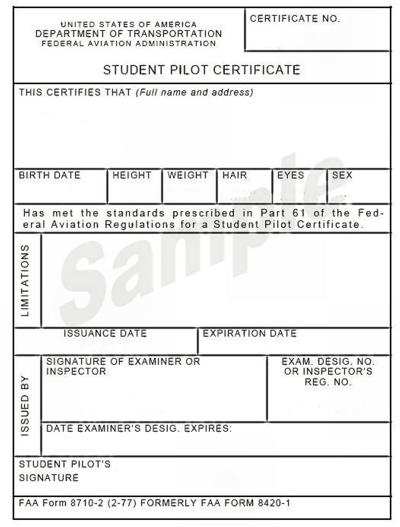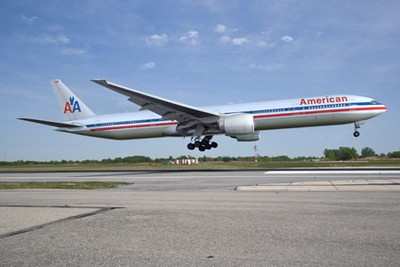Dying for Fear of Flying’s End
Since the advent of the flying profession, the FAA has stood quietly by, furtively directing its energies elsewhere as a deadly crisis took root—gestating amongst the underpinnings of the agency’s archaic aeromedical standards after the fashion of some Bethlehem-bound horror waiting for its hour to come round at last.

For decades, pilots have perished needlessly from wholly treatable conditions left undisclosed to their physicians for fear of lost medical certificates and, by extension, lost livelihoods.
Pilots are badly in need of a forum in which honesty with their physicians and Aviation Medical Examiners (AMEs) doesn’t equate to job loss. Aviators’ lives, and the lives of untold numbers of air-travelers, hang in the balance pending the development of such.
The FAA’s current aeromedical orthodoxies have given rise to a shocking percentage of professional pilots averse to seeking healthcare. The Special Issuance (SI) process by which aviators may petition to recover lost or suspended FAA medical certificates currently entails a 12 to 24 month waiting period—in some cases longer still. Two-year gaps in income are unthinkable, especially in a world of $7-per-dozen eggs and $26-per-pound beef.
What’s more, the medical procedures and tests upon which the FAA predicates the reissuance of medical certificates are, by-and-large, not covered by health insurance plans. Ergo, pilots out of work for want of valid medical certificates must bear the further insult of anteing up thousands of dollars to undergo the very tests by which their livelihoods may or may not be restored.
Equally troubling is the paucity of educated aviation medical examiners (AME). Pilots have correlated their reticence to disclose suspected maladies with the FAA’s egregious and enduring dearth of transparency vis-à-vis its policies pertaining to the assorted pathologies to which human beings become increasingly susceptible as they age—wholly treatable pathologies practically meaningless to practitioners of most professions but career-ending to pilots.
In 2023, 78.6-percent of professional pilots reported they feared to seek medical care. Over sixty-percent of professional pilots reported they’d chronically delayed seeking medical care for fear of losing their jobs. Finally, and perhaps most worryingly, 56.1-percent of professional pilots admitted to participating in unauthorized behaviors for fear of losing their medical certificates.

Second-generation pilot Emma Laczko has authored a petition she hopes will garner signatures enough to secure the attention of U.S. federal lawmakers. Ms. Laczko, who attributes the deaths of both her father and his brother, both senior captains at American Airlines, to the FAA’s antiquated aeromedical standards, writes:
“My father underwent heart issues which ultimately led to his license being suspended. My dad, the sole provider for a wife and three children, gave his life, sacrificing his time, money, and well-being, to be put back on the flight line. If my father knew he had the ability to seek help without the threat of job loss and the cost looming over his head, he would have sought help sooner.
“In the wake of my father’s passing, 11 months went by and tragedy struck my family again. My uncle, in the grips of grief, an aviator himself, knew exactly where the road to help would lead him. So, he took his life.”
Currently posted on the website change.org, Ms. Laczko’s petition, titled The Pilots Pandemic; An urgent need for Aeromedical Reform, has gleaned some 13,300 signatures. More are needed—many more.
 ANN's Daily Aero-Term (04.26.24): DETRESFA (Distress Phrase)
ANN's Daily Aero-Term (04.26.24): DETRESFA (Distress Phrase) ANN's Daily Aero-Linx (04.26.24)
ANN's Daily Aero-Linx (04.26.24) Airborne 04.22.24: Rotor X Worsens, Airport Fees 4 FNB?, USMC Drone Pilot
Airborne 04.22.24: Rotor X Worsens, Airport Fees 4 FNB?, USMC Drone Pilot Airborne 04.24.24: INTEGRAL E, Elixir USA, M700 RVSM
Airborne 04.24.24: INTEGRAL E, Elixir USA, M700 RVSM Airborne-NextGen 04.23.24: UAVOS UVH 170, magni650 Engine, World eVTOL Directory
Airborne-NextGen 04.23.24: UAVOS UVH 170, magni650 Engine, World eVTOL Directory




